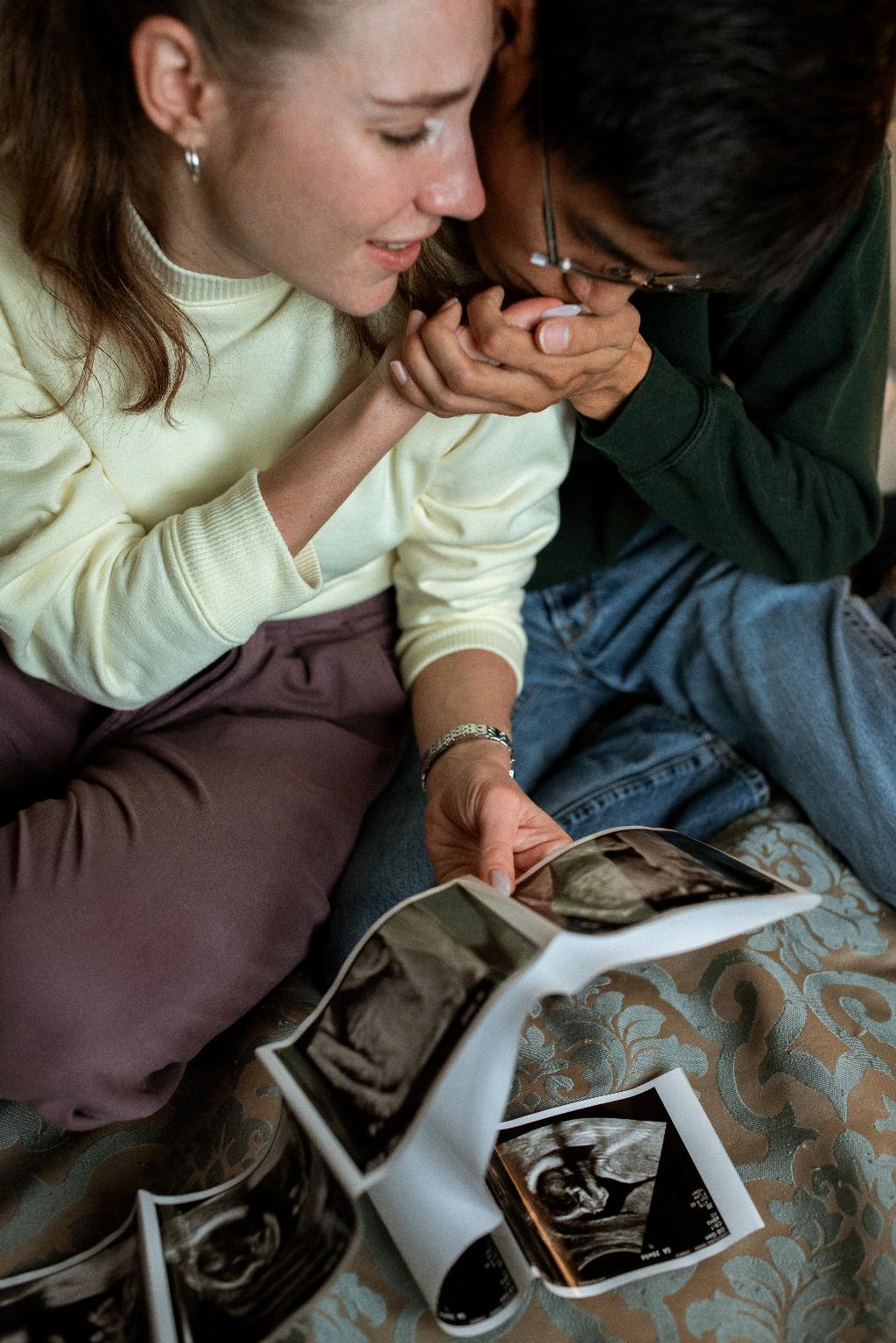Discovering that you are pregnant can be an exciting moment, filled with a range of emotions. One of the initial ways many women confirm their pregnancy is through a home pregnancy test. But the question often arises – how soon can you take a test to get an accurate result?
Understanding the biology behind pregnancy testing is essential. After the fertilized egg implants itself into the uterine wall, the body starts producing a hormone called human chorionic gonadotropin (hCG). This hormone, often referred to as the pregnancy hormone, can be detected in urine and blood, and is the key factor in determining pregnancy through testing.
It is important to note that hCG production begins after implantation, which usually occurs around six to twelve days after ovulation. The levels of hCG in the body increase rapidly in early pregnancy, doubling approximately every 48 to 72 hours.
With advancements in technology, home pregnancy tests are now highly sensitive and can detect trace amounts of hCG in urine. Some tests can provide accurate results as early as eight days after ovulation, which is typically before a missed period.
Getting a positive result on a pregnancy test depends on various factors such as the sensitivity of the test, the concentration of hCG in your body, and the timing of implantation. Taking a test too early can result in a false negative, so waiting for the right time is crucial.
On average, most home pregnancy tests claim to be accurate around the first day of a missed period. This would be roughly two weeks after ovulation and the best time to take a test if you want to minimize the chances of a false negative result.
It’s essential to follow the instructions on the pregnancy test carefully to ensure accurate results. Using the first urine of the day is recommended as it is more concentrated, increasing the chances of detecting hCG if you are pregnant.
If you receive a negative result but still suspect you might be pregnant, you can wait a few days and test again. Remember that implantation and hCG production vary from woman to woman, so patience is key in the testing process.
For women undergoing fertility treatments or those who track their ovulation closely, testing early may be tempting. However, giving the body enough time to produce sufficient hCG levels for detection is crucial in obtaining reliable results.
It’s important to consult with a healthcare provider if you have concerns about the accuracy of your test results or if you experience symptoms of pregnancy. Blood tests conducted by professionals can detect pregnancy earlier than most home tests.
In conclusion, the timing of when to take a pregnancy test is dependent on various factors, including the sensitivity of the test and the concentration of hCG in your body. While some tests claim early detection, waiting until a missed period can provide more reliable results.
Remember that every woman’s body is unique, and the process of pregnancy testing can differ. Being informed about the biological processes involved can help you make the best decision on when to take a pregnancy test to achieve accurate results.

